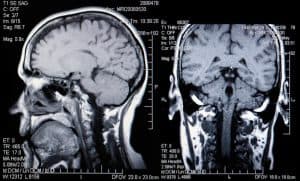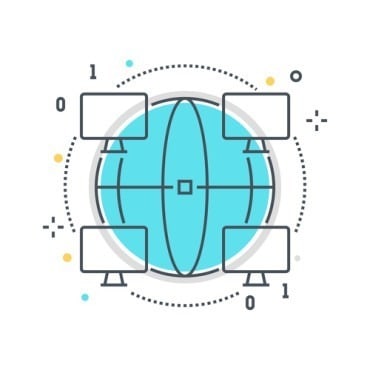
Compared to slow, manual processes, the hope is that the AI-based system will catch the signs of aneurysm earlier and with greater frequency.
Viz.ai continues its work at the intersection of artificial intelligence and healthcare with a new FDA greenlight: an algorithm that spots cerebral aneurysms. It gained recognition previously for its work in the early detection of strokes.
The company’s system analyzes scans for signs of weakened or distended blood vessels, a known cause of aneurysms. Once detected, the system automatically notifies neurovascular specialists to confirm and process the next steps. The system helps experts detect the signs of aneurysms earlier to prevent catastrophic outcomes.
Manual detection is slow, and humans can sometimes miss signs due to outside factors like fatigue or distraction. With machines, powerful processing capability helps ensure details don’t get missed—something that could save more people each year, considering around 3% of the population currently carry the conditions for an aneurysm.
With AI powering the bulk of data processing, the hope is to catch the signs of aneurysm earlier and with greater frequency without additional labor on physicians and specialists who are already swamped with patients. Machines are capable of examining a significant number of images in a short period of time, while humans can step in to manage diagnosis and treatment.
See also: Innovative Ways Cloud Computing Is Impacting Healthcare
The new artificial intelligence model adds to the digital care coordination platform
The platform covers ischemic and hemorrhagic stroke, cerebral perfusion, pulmonary embolisms, and aortic disease for more than 1,000 hospitals. It’s part of a long history of AI-driven healthcare initiatives for which the company has raised millions of dollars in funding. Its first computer triage program has already gained EU approval.
The company will be partnering with remote care provider TeleSpecialists to provide virtual consultations with neurologists for providers on the ground that may not have access to a wide range of specialists. The companies will also offer additional hospital workflows, as well as research collaboration in this and other areas of healthcare. It’s one more way artificial intelligence is helping every industry make human life a priority.






























